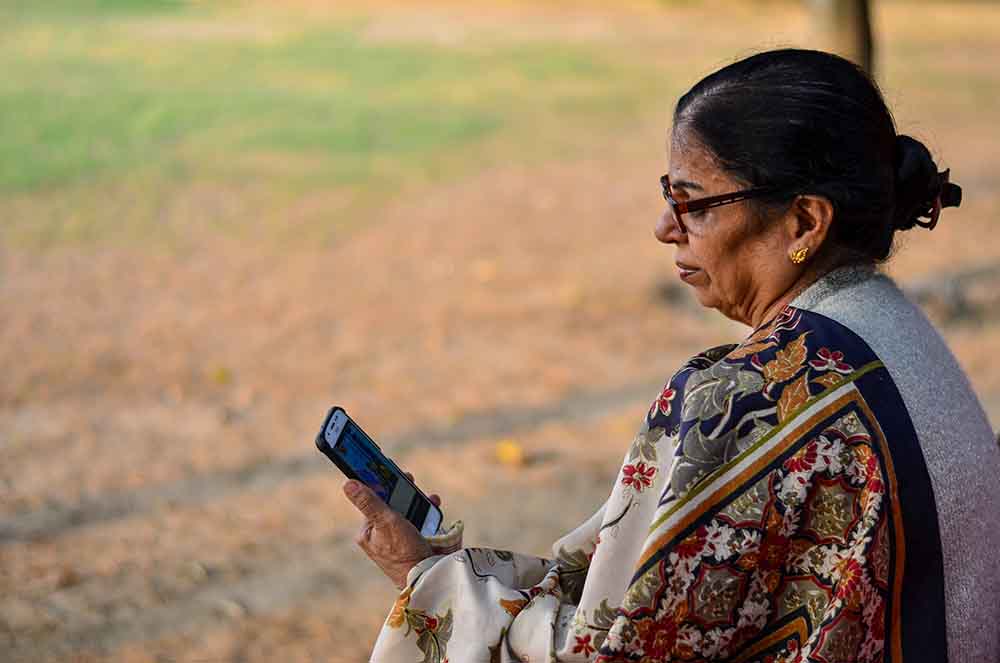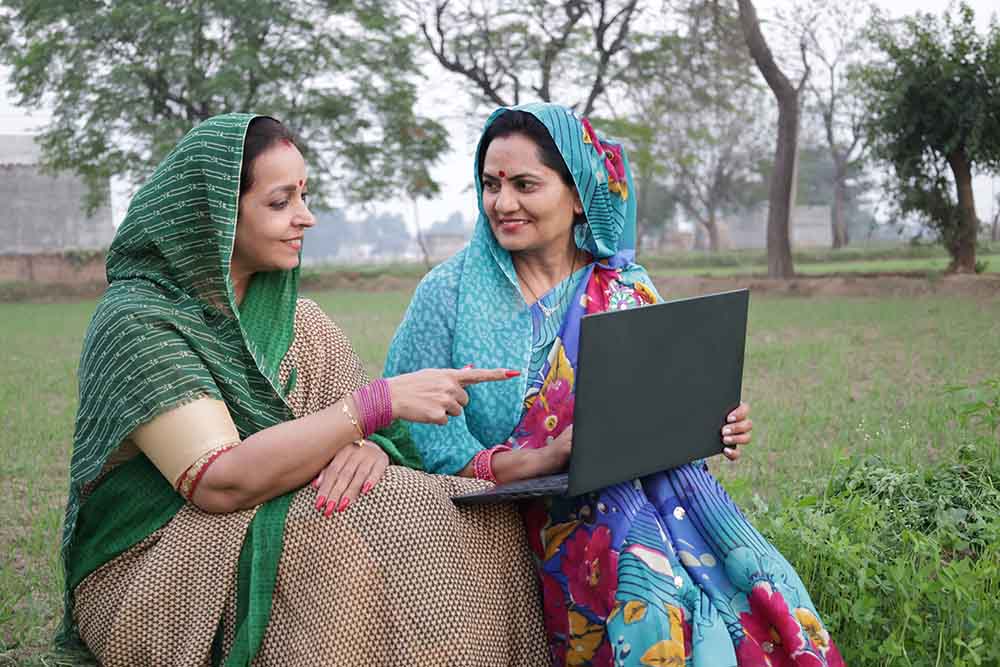For thousands of women entrepreneurs across the developing world, success isn’t blocked by a lack of ideas, skills, or ambition. It’s the cost of mobile data that’s standing in the way.
A recent report by the Cherie Blair Foundation for Women, based on responses from nearly 3,000 female entrepreneurs in 96 low- and middle-income countries, highlights a stark reality: 45% of women in business reported not having regular internet access due to high costs and poor connectivity. This lack of digital access is more than an inconvenience - it's a significant barrier to growth in an increasingly online economy.

Most of these women run micro and small businesses in sectors such as food, fashion, and farming. Many rely on smartphones to communicate with customers, manage digital payments, and market their work online. Yet, while 92% own a smartphone, many cannot afford full internet access. Instead, they stick to cheaper mobile plans that include only select apps like WhatsApp and Facebook. This restricts them from tapping into broader e-commerce platforms or exploring digital tools that could expand their business reach.
Safety Risks and Digital Harassment
Even when women do access online spaces, safety is a major concern. According to the Foundation’s research, 57% of women surveyed have faced harassment while selling online. Many avoid using their real names (36%) or refrain from posting photos (41%) to protect their privacy.
This digital gender gap is further complicated by the rollback of user protections on major social platforms, which are critical for many women-led businesses.

The Bigger Picture: Economic Potential Lost
The GSMA Mobile Gender Gap Report 2023 found that women in low- and middle-income countries are 15% less likely than men to use mobile internet. In South Asia and Africa, the gap is even wider - with women being up to 33% less likely to be online. GSMA estimates that closing this digital gender divide could add $1.3 trillion to the collective GDP of developing countries by 2030 (GSMA, 2023).
Yet 11 of the 20 countries where internet access is least affordable are in sub-Saharan Africa, according to We Are Social’s Digital 2024 report.

What Needs to Change?
To truly support women entrepreneurs, a multi-pronged approach is needed:
• Governments must invest in mobile data infrastructure and drive down the cost of connectivity.
• Tech companies need to build stronger safety protocols to tackle online harassment.
• Financial institutions should create more inclusive digital banking solutions, tailored to women’s needs.
• And finally, investors and NGOs should amplify training in digital skills so that women are equipped not just to participate in, but to thrive within, the digital economy.
The digital economy holds vast potential for women entrepreneurs - but without reliable, affordable, and safe internet access, too many are being left behind. The cost of mobile data may seem small, but for millions of women, it's the price of opportunity.
